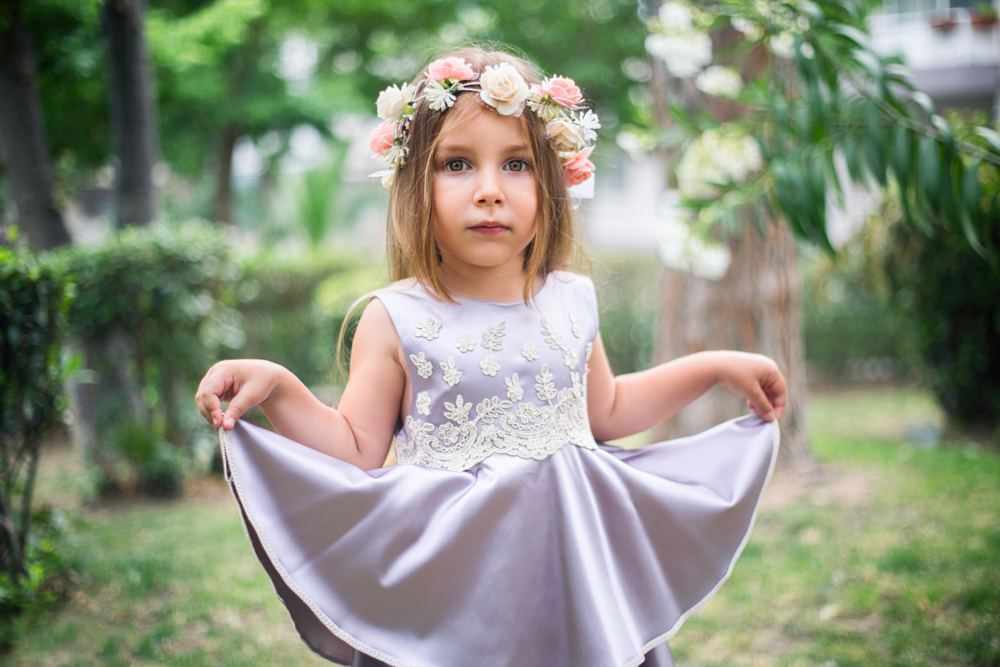Not caring about appearances is harder than it sounds. It’s not that I care so much about what other people look like; I’m more concerned with what they think of me. Surrounded by perfect figures from Hollywood, I’m plagued by messages saying physical beauty is how you attract love.
And this isn’t even a new idea. I read a Grimm fairy tale the other day called “The Crystal Ball,” which is about the young son of an enchantress who hears about a princess in a castle “waiting for deliverance.” So he goes on a quest to rescue her. When he finds her, he is clearly disappointed because she has “an ashen-gray face full of wrinkles, blear eyes, and red hair.” (Is red hair supposed to be unattractive? I beg to differ, and so do the Weasleys.)
But the point is, she’s ugly.
The princess quickly assures him that she doesn’t normally look like this. She’s cursed. When he looks at her reflection in a mirror, he sees her true form, “the likeness of the most beautiful maiden on earth.” And it’s only then he’s determined to “save” her.
Though she describes herself as being held captive, nothing is actually holding her hostage in that castle — except her ugliness. That’s right, she just won’t leave. She sits there crying every day, waiting for someone to break the curse. He does, of course, and they live happily ever after.
This is a common story in fairy tales and their Disneyfied versions — princesses are noticed solely because of their beauty, and are whisked away by handsome princes. Love at first sight runs rampant in these stories. Beauty and goodness are forever intertwined. I appreciate that some newer movies such as “Frozen” have challenged this trope, poking fun at getting engaged an hour after meeting each other. Though Anna is pretty, Kristoff doesn’t fall for her because of her looks; he genuinely comes to care for her and all her quirks.
Today we are being given more stories featuring strong female characters who have personality, purpose, and goals that don’t revolve around a man. Yet they are all played by stunning actresses. Most of the men are played by actors whose chins look like they were chiseled by Michelangelo. And those of us watching these movies wonder if that’s how we’re all supposed to look.
Many of us have been taught to value beauty within a culture of ridicule and body shaming, and have struggled with depression because of appearance. While there’s nothing wrong with taking time to look nice, we shouldn’t feel pressured to do so when we’d rather be doing something else. We shouldn’t feel unloved because our bodies aren’t shaped like a model’s, we struggle with acne, our hair is turning grey, our skin is wrinkling, or we’re wider or scrawnier than average.
The Bible contradicts culture’s teachings, pointing toward the importance of what’s inside us — “So we do not lose heart. Though our outer self is wasting away, our inner self is being renewed day by day” (2 Corinthians 4:16). This verse is from a passage talking about the importance of faith and the temporariness of what is seen. And it’s easy to accept intellectually that God cares about us out of unconditional love, it’s just challenging to really believe it when society says the opposite.
So how do we truly believe we are valuable and accept unconditional love when it’s offered? For one thing, we stop criticizing our own appearances and comparing ourselves to each other. For another, we can consider the content and photos we’re publishing on social media. If we’re posting things because we need people to tell us we look good in order to feel good about ourselves, maybe we need to reconsider our thought process.
Throughout much of my childhood I was guilty of wishing parts of me were different, and I’m not happy that insecurity still creeps into my adult life. What helps is being confident in my relationships; I know I can just roll straight out of bed to hang out with my friends, and they wouldn’t care less (they’d definitely make fun of my bed hair, but they love me for me). What helps is reminding myself of the unconditional love of a God who cares about me simply because I’m His creation, “fearfully and wonderfully made” (Psalms 139:14).
That’s how I counter my insecurity: by knowing that those who matter are going to enter the castle and not be deterred by my outward appearance. And treating others, including myself, with that same level of respect and acceptance is a step forward. We are so much more than our skin. We are so much more than beauty. We are loved.












